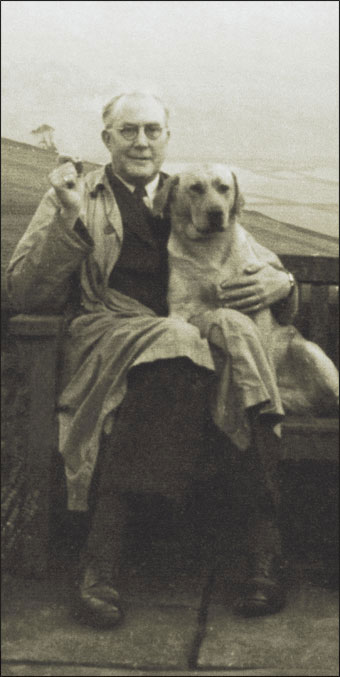About
Parcevall Hall Gardens are a lasting testament to the remarkable insight of Sir William Milner (1893-1960), 8th Baronet of Nun Appleton, nr York; who in 1927 began on a project to rebuild the derelict 16th /early 17th century shell of Parcevall Hall at Skyreholme, near Appletreewick in North Yorkshire.
Sir William, although standing at a formidable 6’7”, had the reputation of being a gentle giant and despite his title, and having HRH Queen Mary, a frequent visitor to Parcevall Hall, as his Godmother, he was a reluctant socialite.
The final major project of Sir William’s lifetime was as a founder member and second Honorary Director of the Northern Horticultural Society (1955-60), pioneering the establishment and development of Harlow Carr Gardens, near Harrogate.
Once completed, the Hall was to become Sir William’s home for thirty years and he continued to develop the gardens up until his death. Sir William took full advantage of the geography to create a unique garden that provides year round interest.
As a gardener Sir William chose his site wisely. At the top of the gardens the alkaline soil overlays the limestone rock and at the foot of the hill the soil is acid over gritstone, which makes it ideal for a wide range of species and many of Sir William’s hybrid rhododendrons.
For the horticulturist an extensive range of specialist plants flourish throughout the year. This includes an interesting collection of old apple varieties. A wide variety of alpine and woodland plants, unusual perennials and many specimen trees and shrubs.
Visitors will find formal terraces provide vantage points from where they can pause to appreciate the stunning rocky outcrop of Simons Seat. The structured areas are balanced with woodlands that are a haven for wildlife, inter-linked with many garden rooms to discover on the way. For the energetic, a Cliff Walk overlooking the limestone valley of Trollers Gill provides a dramatic vista.
After Sir William’s death the gardens declined up to the mid 1980s. A restoration programme commenced; forever changing the gardens are enjoying a vibrant renaissance having been returned to its former glory
But the work does not stop there, the gardens continue to evolve.
The Hall itself is not open to garden visitors and is used by the Diocese of West Yorkshire and The Dales as a retreat house and conference centre, although its architectural features can be appreciated at close range from several vantage points.



